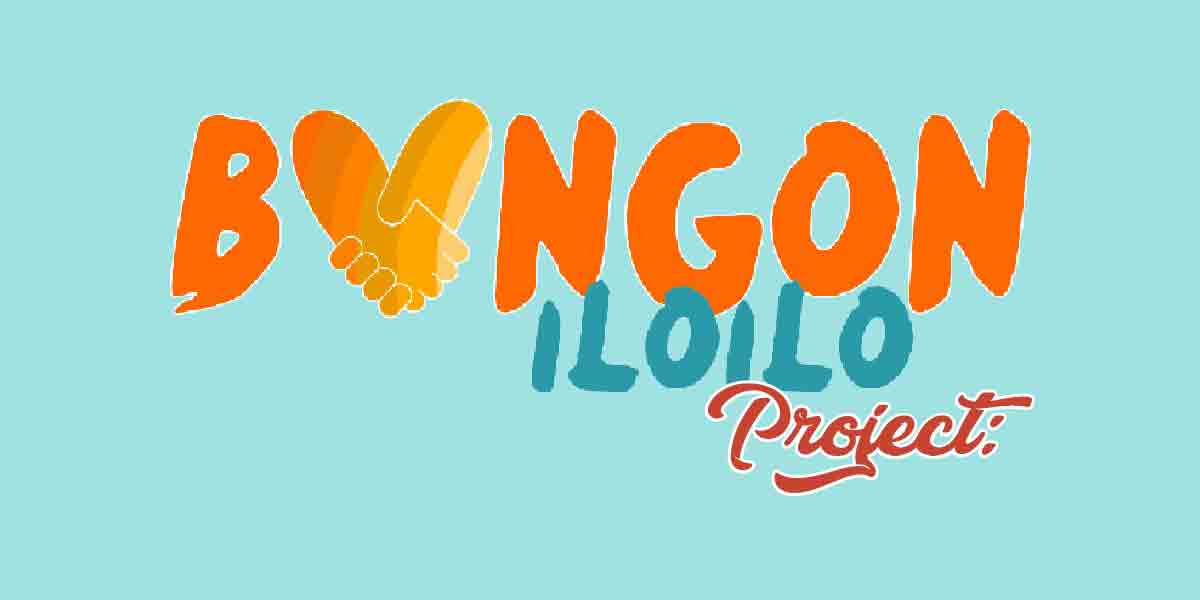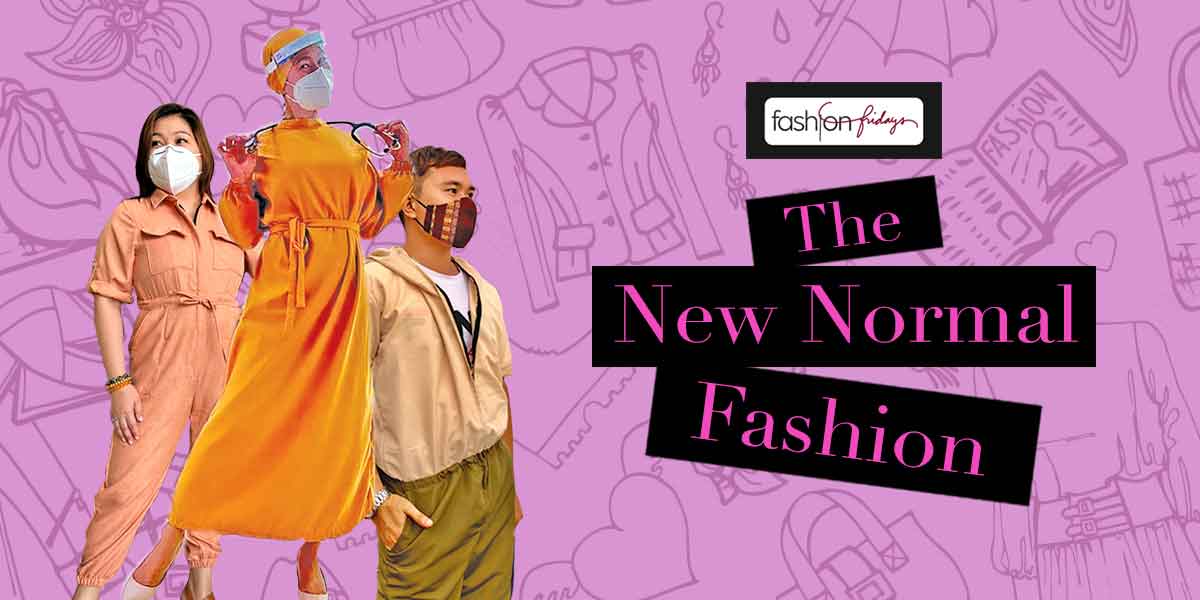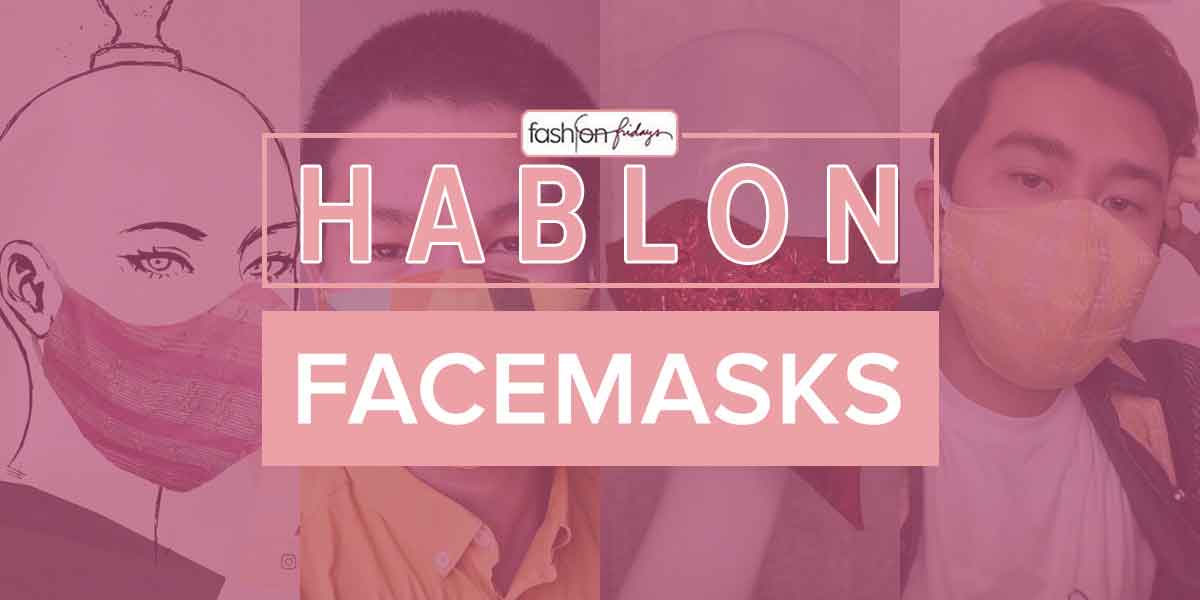The scrutiny placed on our government officials and their credibility is nothing new. Voters are aware that the people they elect will come to make decisions that will inevitably affect them one way or another. In recent years it has become much easier for people to express these sentiments through social media. We often see citizens openly criticizing government officials for their lack of credibility and experience. A good example of this is in the case Senator Manny Pacquiao, as the world-title-holding boxer ran for a seat in the senate without having a college degree or any experience the field. Many felt concerned that he would not be capable of doing his job well considering his background, but the constitution clearly states that anyone may run for public office as long as they are able to read and write according to RA 6388. People generally want assurance when it comes to the skill set possessed by anyone running for office, but does requiring a collegiate degree effectively ensure quality public servants and dose it pose any other possible harms?

Affirmative
1. Requiring a college degree ensures better work skills and overall knowledge. The current standard set doesn’t do anything to ensure that candidates running for election are competent beyond their skill to read and write. Specialized knowledge is extremely important in the policy and decision making that comes with being an elected official. This requirement would make sure that all candidates have set aside more time towards educating themselves and making sure they are equipped enough to handle the complexities of policymaking.
2. Personality politics is too prevalent, and action needs to be taken to ensure that even popular candidates who run are just as capable of serving the citizenry well. The current system opens the doors for people with already huge followings to have an upper hand during elections. This is especially true for celebrities which is a case that happens very often for even the most high-profile seats in the government. You don’t have to be the most qualified person to win, you just need to be popular. Creating this new requirement will at the very least set a standard for how qualified people should be even if they are famous personalities. Even if people are swayed by their adoration for a celebrity, we can still be certain that he or she is capable of doing their job.
Negative
1. The skills taught in tertiary schools are generally unnecessary due to the nature of the work. What is important is that the public feels confident in the candidate’s ability to simply represent them. As long as a good number of voters decide that someone is fit to serve, then that is a valid choice in the democracy we live in. There are other ways of getting information, that’s why public officials very often consult experts. You don’t have to be an expert in any field in order to make smart decisions. More importantly, policymaking involves so many fields such as economics, public health, etc. It is impossible to be an expert at every single field out there and the expectation that a tertiary level of education would even bring us close to that level of skill is completely wrong.
2. This proposed policy is ultimately anti-democratic. The government that we want is one where it reflects what the desires of its own citizens. We want people to be able to decide freely who is able to represent them in the government. Requiring a college degree makes it so the only people who can run for public office are the people who can afford the costs. This unrightfully limits the options of the voting population and makes it more likely that the rich will have even more of an upper hand during elections. It is important that the door is open for diversity in the government. Many communities feel best represented by a candidate who shares their struggle and has a deep understanding of the nuances of their circumstances. For minority communities like indigenous people or poor communities, it is difficult to see that level of understanding coming from more privileged people.
This debate feature is the first of many to be released in partnership between the UP Debate Circle (UPDC) and the Daily Guardian. Here, we objectively explore real-world issues that are up for debate by presenting possible arguments formulated by debaters of the UPDC.
The goal of these features isn’t to promote a specific perspective or to provide a final conclusion to the debatable issue, but instead to present opposing viewpoints in an easily-to-understand manner. The perspectives presented do not reflect the actual beliefs of the Daily Guardian, the UPDC or its debaters.























